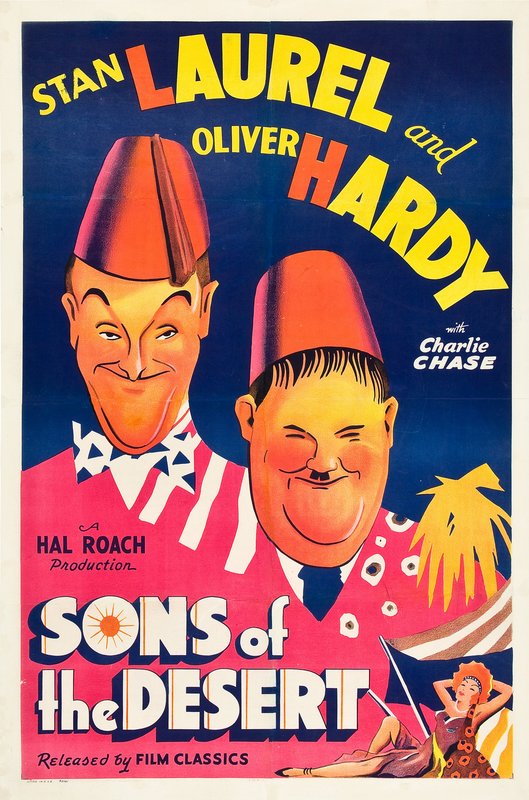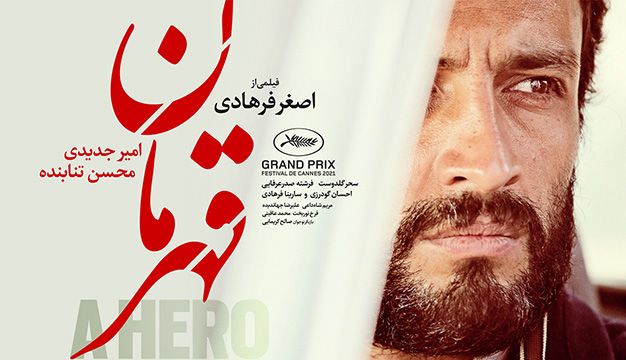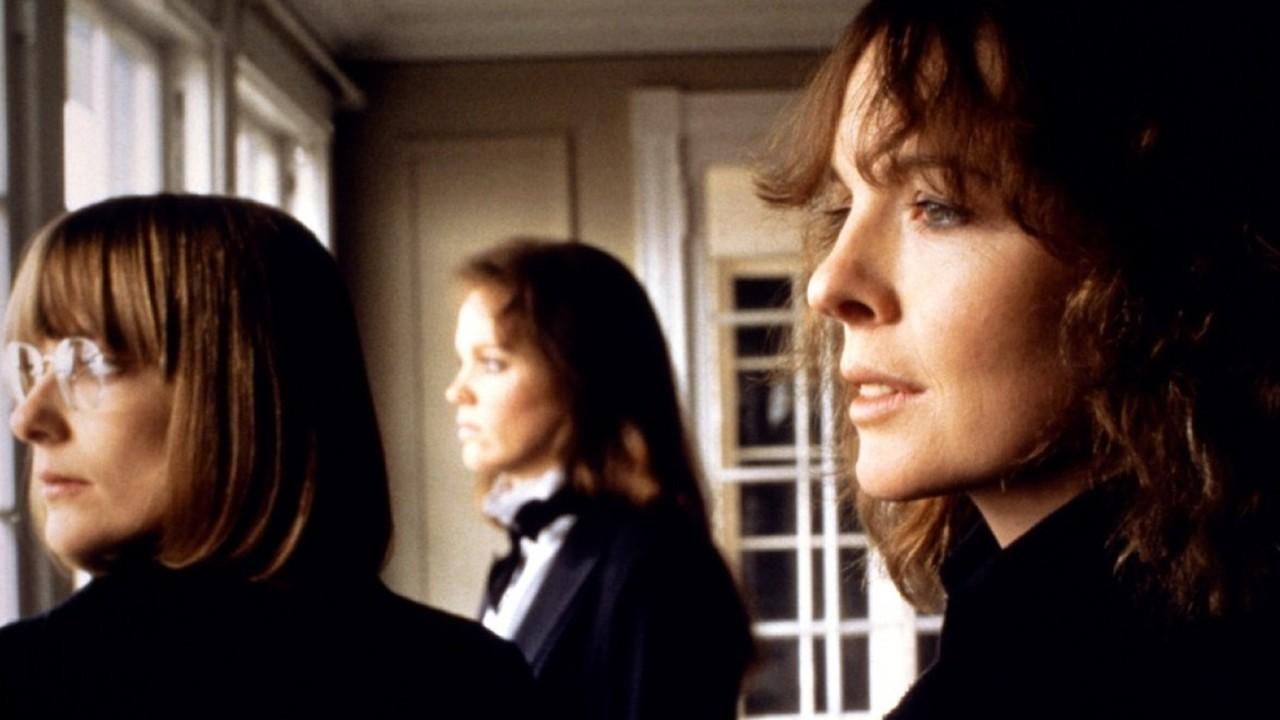
Sons of the Desert - 1933
Directed by William A. Seiter
Written by Frank Craven
Starring Stan Laurel, Oliver Hardy, Charley Chase, Mae Busch & Dorothy Christy
Oliver : "Why did you get a veterinarian?"
Stan : "Well, I didn't think his religion would make any difference."
Stan : "Well, I didn't think his religion would make any difference."
I like the story of Stan Laurel (Arthur Stanley Jefferson) and Oliver Norvell Hardy. One British, the other American. Theirs is one of the great stories of friendship and success.
So - in Sons of the Desert Oliver Hardy needs to convince his wife (and Stan's) that he's desperately ill, and needs to travel by steamship to Honolulu to soothe his nerves. Instead, the pair are headed to Chicago to take part in a club meeting - their membership in "The Sons of the Desert" and the oath they've taken to attend means they're needed there - but really it's the pursuit partying and adolescent games. When the ship they're meant to be on sinks, and the pair are caught by their wives by being recorded on camera in a newsreel, they both take refuge in their own attic - terrified of the retribution due their way. The wives wear the pants, and are pretty much over the immature tomfoolery - Oliver had promised Lottie (Mae Busch) that he'd go to the mountains with her, and Stan's wife Betty (Dorothy Christy) has made a wager that she married the honest one. It's not long before the two men have retreated further, to the roof, and are soaking in their pajamas - in desperate flight and need of an explanation.
When it comes to the films featuring Stan Laurel (Arthur Stanley Jefferson) and Oliver Hardy (Oliver Hardy) you can either say "they don't make 'em like they used to" or "we've come a long way since then." Unfortunately, for me, it's the latter. I feel bad about that, because over time I've come to like these two actors a great deal, and have an affection for the friendship they developed and continued until Hardy's death in 1957. I have a certain disconnect when it comes to the older style of physical comedy that you'll commonly see with the Three Stooges, Jerry Lewis or Laurel and Hardy - and when I try to discern why I can only say that I think it's because of repetition. In Sons of the Desert I suddenly laughed out loud when Oliver's onscreen wife breaks crockery over his head, quite unexpectedly. It just felt different. I laughed out loud when the above quote was spoken. I'd never heard that one before. But when it's something I've seen before - many times before - it doesn't strike me as funny, even if it's endearing.
When it comes to the comedy that featured in film's early years, it seems that repetition provided a kind of key to success. Charlie Chaplin, Buster Keaton, and all of Hal Roach's numerous stars would churn out short after short which featured famous characters getting up to the same kind of stuff in scenario after scenario - nothing was left unexplored. One team-up who particularly got my notice was when Roscoe "Fatty" Arbuckle introduced Buster Keaton to film - Keaton a very experienced vaudevillian (much like Chaplin and Stan Laurel) who took to it like a duck to water, and someone who just appeared to be on Arbuckle's wavelength. It just seemed like nobody was writing screenplays, or even doing much planning - instead improvised set-ups and on-the-spot invention would lead to many quick shots and a barnstorming approach to comedy. By the time we get to Sons of the Desert there appears to be more of a story outline - but still a sense of improv and immediacy with the physical comedy.
I don't think I really have much more to say about this film. It's most famous for having a title that has since been adopted by the "Appreciation Society" kind of club that has spread around the world, where members get together to watch Laurel and Hardy films and remember the popular duo. "Sons of the Desert is devoted to keeping the lives and works of Stan Laurel and Oliver Hardy before the public, and to have a good time while doing it." It was this film then that seems to be the tentpole that most represents them - and possibly their finest. I really enjoyed 2018 film Stan & Ollie - John C. Reilly seems to have been born to play Oliver Hardy (his voice) and Steve Coogan seems to have been born to play Stan Laurel (his facial features). There's a tele-play you can find on YouTube which is centered around an old Stan Laurel visiting his great friend Oliver after the latter has had a stroke and can no longer speak - it's both touching and funny, and a very recommended watch. It's called Stan.
I liked Sons of the Desert, and I envy those who get a lot of laughter from it. The laughs were few and far between for me - and that's just down to the style of physical comedy and the many jokes I'd seen recycled many times in other films and shows. I think great comedy has been refined and perfected over the years - and it's always the kind of thing I've never seen before, or the new approach, that gets me going. That's not me saying there's anything wrong with this though - I even feel like a bit of a jerk at not finding it really funny. It's another nice mess I've gotten myself into.
__________________
Remember - everything has an ending except hope, and sausages - they have two.
We miss you Takoma
We miss you Takoma
Latest Review : Le Circle Rouge (1970)


 I'm just watching a tank full of war films!
I'm just watching a tank full of war films!

